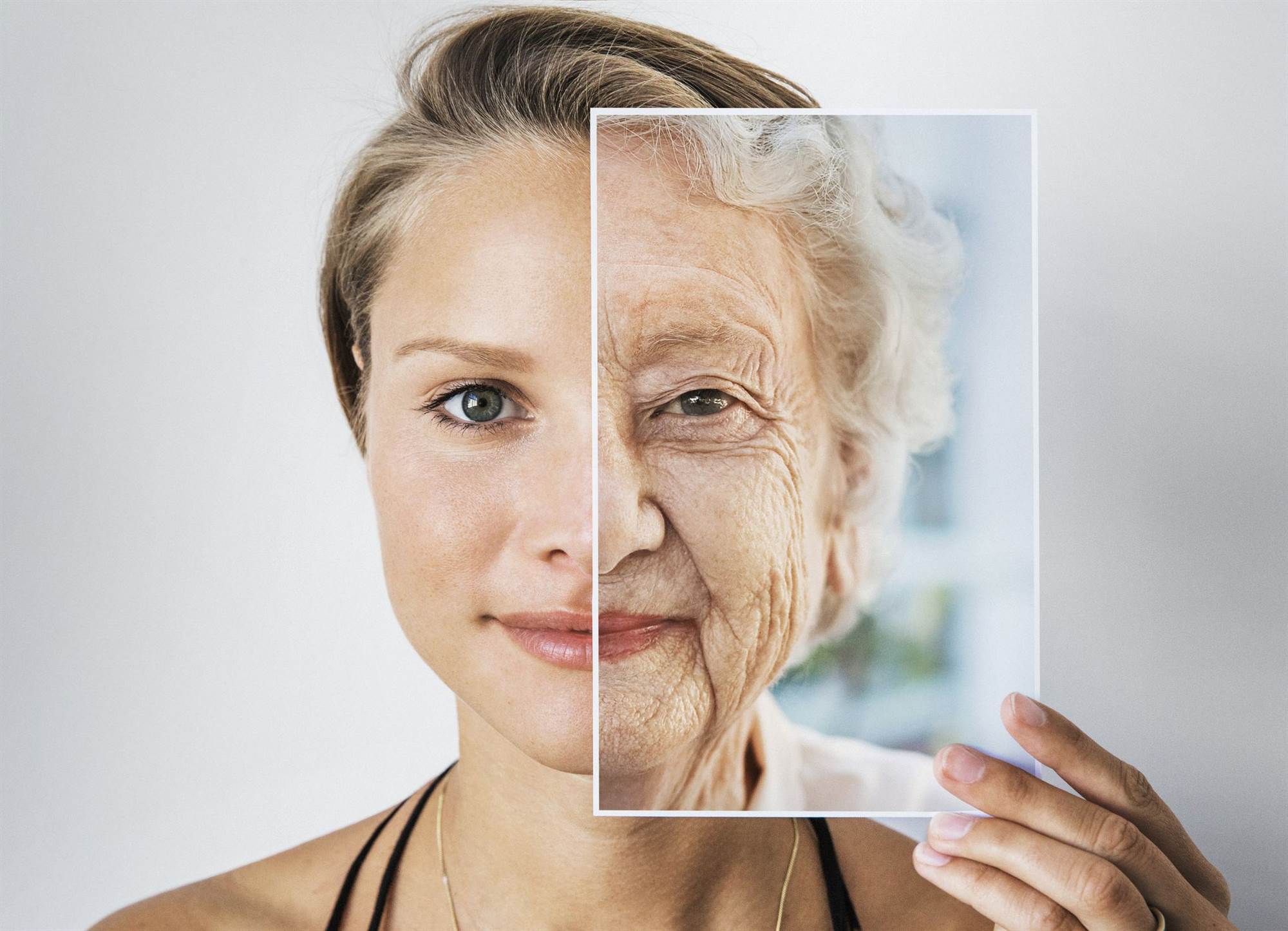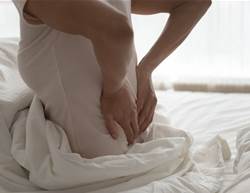We've all been there - a shin to a coffee table or a trip on the sidewalk can leave you with a black-and-blue or two. But what is a bruise, exactly? "A bruise is a reflection of minor injury to the blood vessels under the surface of the skin. If these vessels are damaged, a small amount of blood can leak out, giving the classic blue, black or purple discolouration," says family medicine specialist Dr Cory Fisher.
But what if you seem to be bruising easily, developing bruises on your legs, arms, and other parts of your body from even just a slight bump, or seemingly out of nowhere? Keep reading to find out what else could be causing your unexplained bruising - and how to heal a bruise faster.








Andy Lo Pò ©Getty Images
1) You take certain supplements
Some dietary supplements may contribute to unexplained bruising, including feverfew, garlic, ginger, gingko, ginseng, omega-3 fatty acids (fish oil), saw palmetto, and vitamin E. This is a good reminder to talk to your doctor before you take any supplement for any reason - not only can they can interact with other meds you've been prescribed, but they also aren't regulated, so you may not be swallowing exactly what you expect.
Andy Lo Pò ©Getty Images
2) You're a woman
Unfair, but true: Women tend to bruise more easily than men. Guys have thicker skin, and they also have more collagen, which holds blood vessels more securely in skin and protects them from trauma.
Oestrogen also plays a role in unexplained bruising. Studies have shown that it prevents blood vessel walls from building. And it also acts as a vasodilator, which means it opens up blood vessels. If trauma happens, more blood can slip out before it's able to clot.
Andy Lo Pò ©Getty Images
3) You're getting older
"Skin gets thinner as you age, and blood vessels get more friable," both which make you more prone to unexplained bruising, says Dr Fisher. "With thinning skin, you lose fat and collagen that previously protected your blood vessels. And your blood vessels also lose elasticity, making them more prone to break."
Andy Lo Pò ©Getty Images
4) You're taking meds that thin your blood
If you’re on a blood-thinning medication to treat heart arrhythmia or blood clots, that’s a simple explanation for unexplained bruising, says Dr Fisher. But you may also be taking other drugs that have a blood-thinning effect without even realising it, like ibuprofen or aspirin.
Andy Lo Pò ©Getty Images
5) You have a blood disorder
Hemophilia and von Willebrand disease are both blood disorders that can cause easy bruising, says Dr Fisher. Hemophilia is a rare condition that affects the blood’s ability to clot, putting someone at risk for severe bleeding from just a slight injury. Von Willebrand disease is a milder and somewhat more-common clotting disorder often characterised by bleeding during dental work, long-lasting nosebleeds, blood in urine or stool, and heavy periods.
Andy Lo Pò ©Getty Images
6) You're taking antidepressants
"Some of the most well-studied include SSRIs, like fluoxetine, sertraline, citalopram, and bupropion, can interact with platelets, which are an important part of the clotting process," says Dr Fisher.
Andy Lo Pò ©Getty Images
7) You have a vitamin deficiency
Deficiencies in vitamin C and vitamin K can cause unexplained bruising - but if you live in a developed nation and have regular access to healthy food, then it’s highly unlikely this one applies to you. These deficiencies typically occur only in severely undernourished populations, explains Dr Fisher.
Andy Lo Pò ©Getty Images
8) How to get rid of a bruise fast
First, the bad news: It can take up to two weeks for a bruise to heal, and there’s not a whole lot you can do to make them disappear faster. "As the body absorbs this lost blood, it goes through a few phases. After just a few days, the blue/black/purple discolouration and any swelling will typically improve and the colour changes to green or yellow," says Dr Fischer. "It may then look light brown before healing completely." But there are a couple tricks that may speed healing. Right after you’ve thwacked your knee or bumped your elbow, grab an ice pack and hold it on the affected area for 10 minutes a few times a day. This will constrict the blood vessels, in turn slowing the spread of the purple discolouration in the first place.






.png&h=193&w=250&c=1&s=1)
.png&h=193&w=250&c=1&s=1)

